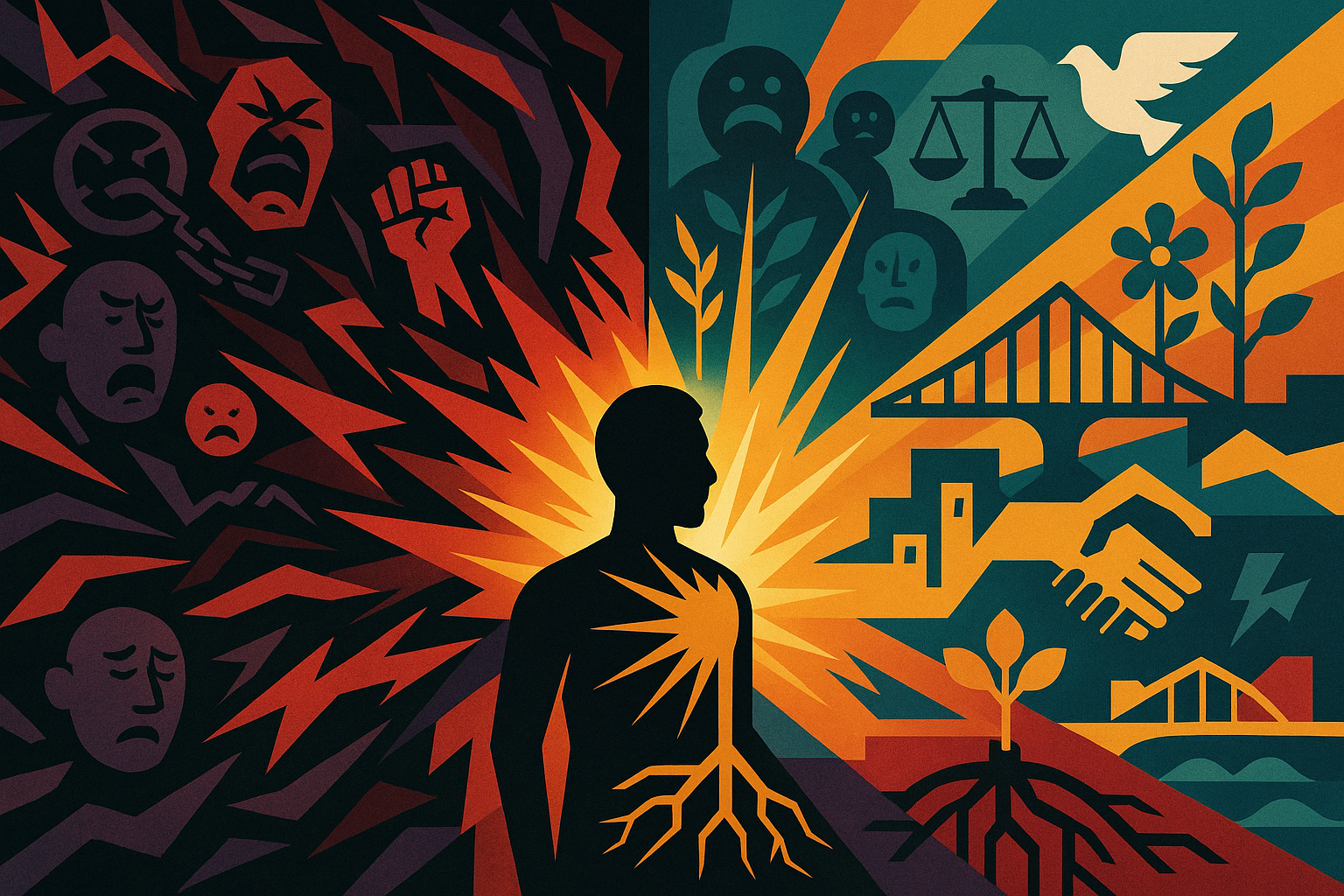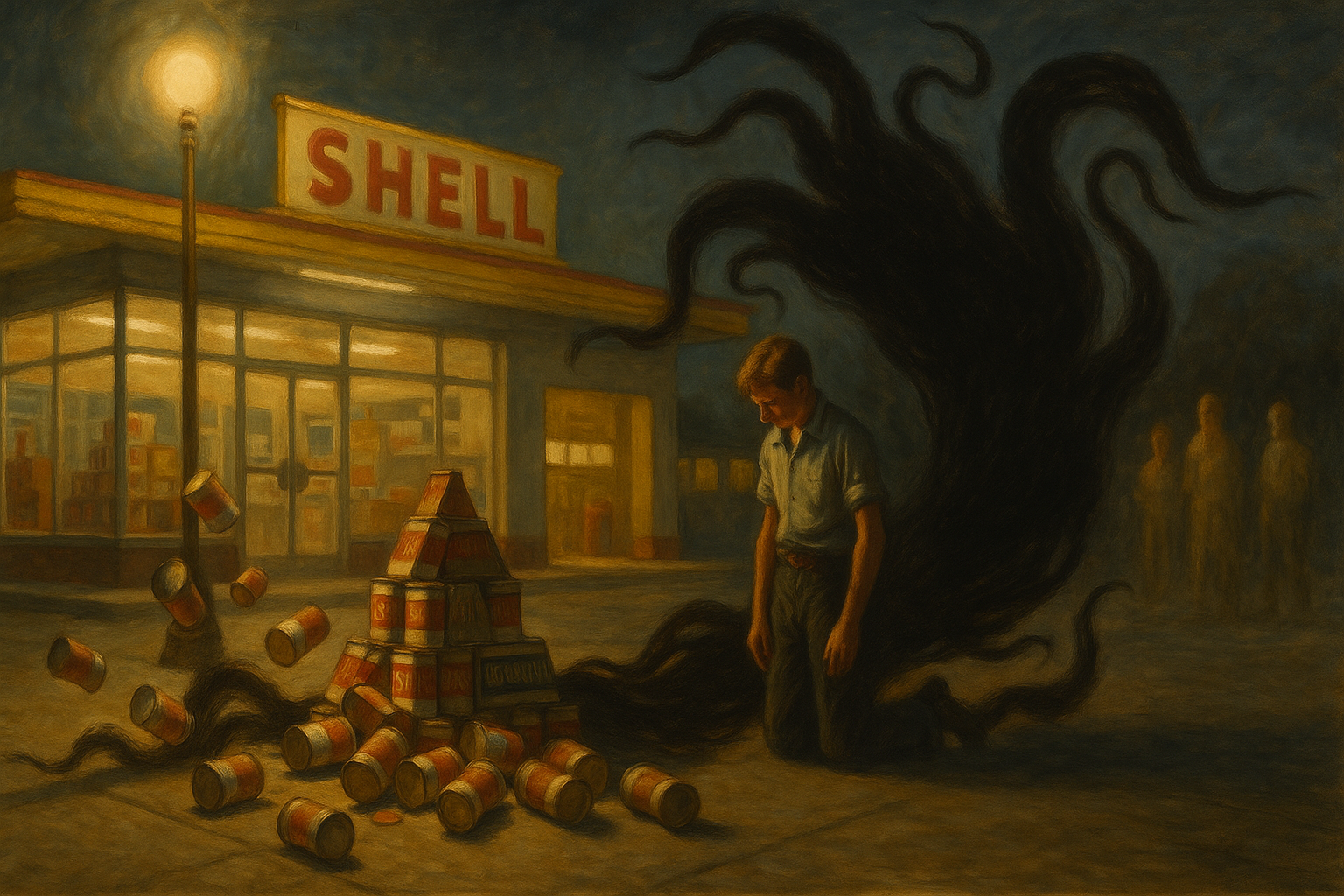- All
- Blog
- Holistic Healing
- Interviews
- Latest Content
- Relationships
- Stories
- Triggers
- Uncategorized
- Videos
All
- All
- Blog
- Holistic Healing
- Interviews
- Latest Content
- Relationships
- Stories
- Triggers
- Uncategorized
- Videos
Re-Routing Repressed Anger
Ken Wells
May 30, 2025
READ IT TO ME: Click play to listen to this post. “It is easy to fly into a passion—anybody can do that, but to be ...
Read More →
Another Look at Compassion and Grief in Recovery
Ken Wells
May 27, 2025
READ IT TO ME: Click play to listen to this post. Sadness and loss are the kind of struggle that becomes a universal connection. I ...
Read More →
Finding Center in the Midst of a Shame Spiral
Ken Wells
May 20, 2025
READ IT TO ME: Click play to listen to this post. One of the challenges I have in life is that I am prone to ...
Read More →
Craving—Every Addict’s Common Ground
Ken Wells
May 16, 2025
READ IT TO ME: Click play to listen to this post. “The line separating good and evil runs through the heart of every human being, ...
Read More →
Free Falling into Authentic Healing
Ken Wells
May 13, 2025
READ IT TO ME: Click play to listen to this post. “What if you had it allBut nobody to call?Maybe then, you’d know me‘Cause I’ve ...
Read More →
Driven by Fear
Ken Wells
May 9, 2025
READ IT TO ME: Click play to listen to this post. “Fear is static that prevents me from hearing myself.” — Samuel Butler There are ...
Read More →






